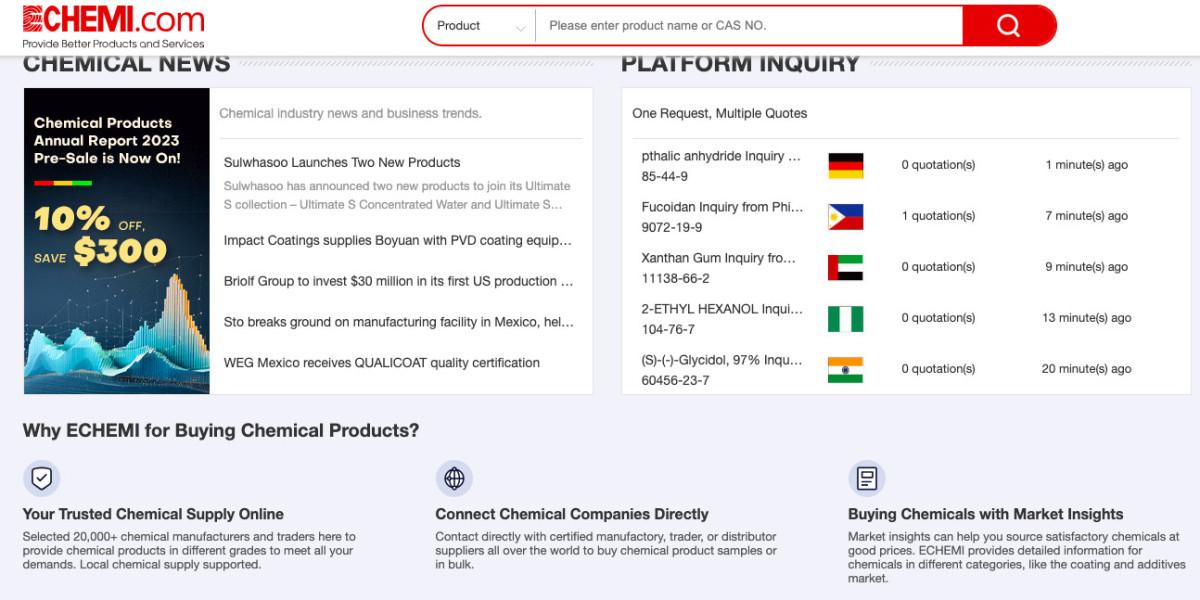The way that contract chemical factories companies work is a lot like other outsourced tasks. Chemical factories are fully equipped not only with properfacilities for efficiencyimprovements, but also with highly trained and qualified staff capable of handling hazardous chemicalsand management of sophisticated chemical factories processes and tasks. They make sure that the correct processes are definedand are followed in detail to make sure that product quality remains consistent throughout every step of the process.
The chemical factories creates an immense variety of products which impinge on virtually every aspect of our lives.
While many of the products from the industry, such as detergents, soaps and perfumes, are purchased directly by the consumer others are used as intermediates to make other products, For example, in Europe, 70% of chemicals manufactured are used to make products by other industries including other branches of the chemical factories itself. The industry uses a wide range of raw materials, from air and minerals to oil.
The chemical factories is a very important contributor to the wealth of a country. For example it contributes over 1% to the Gross National Product (GNP) of European countries, which is over 6% of the total GNP produced by all manufacturing industries. Generally personnel in the industry are among the most well rewarded of all manufacturing industries because the industry has the largest proportion of highly qualified people and generally it is the most productive.
The chemical factories is dynamically responding to global shifts and advancing internal innovations, playing a pivotal role in socioeconomic systems.
The chemical factories is crucial in the energy transition, tackling emissions and enabling renewable technologies.
The industry's transformation focuses on increased responsibility, resilience and productivity, striving for sustainability and greater societal impact through collaborative efforts.
The activities of the chemical factories are generally defined by the manipulation (and especially the transformation) of matter – mainly at the molecular level. These activities remain at the heart of all socioeconomic systems, including sectors like food, mobility, global health or the information economy. Not only are we – as living organisms – incredible, integrated chemical factories, but the output of the modern chemical industry also allows us to thrive as a healthier, safer and more productive humankind. The machinery of the chemical industry matters a lot. Pun intended.
However, the chemical industry itself is in no way static. It is changing in various ways: the segments within it, its value delivery models, its performance or (most obviously) its products and services. This is a continuous process, and despite periods of accentuated change, the transformation of the chemical industry is more evolutionary than revolutionary. Leading companies spearhead this transformation, others follow and only when a critical mass changes along one dimension can we speak about the transformation of the entire industry.








